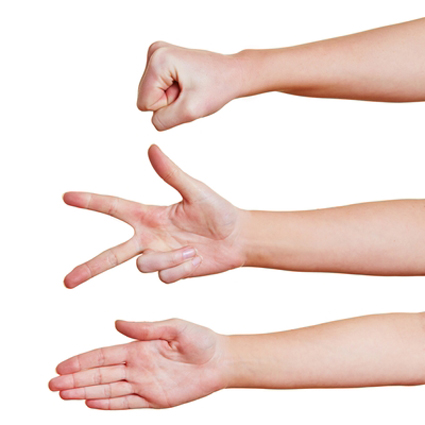 by Ken Lopez
by Ken Lopez
Founder/CEO
A2L Consulting
As part of A2L's jury consulting, litigation graphics and litigation consulting work, I routinely have the privilege of closely observing some of the best litigators in the business. I get to watch their preparation styles and see how they perform at trial. I also have a chance to witness opposing counsel's performance at trial. The comparisons between the two are fascinating for me.
Chances are, if a litigator is working with A2L (or a firm like ours), they are at the top of their game. This is true because that litigator is likely comfortable asking for input from a litigation consultant that might go to trial 50 times a year. Compared to an individual litigator at a medium or large law firm, it is probable that a litigation consultant will go to trial 10x-50x more often. With that kind of experience, it's understandable that a smart litigator (and often in-house counsel) would want a second pair of eyes focused on overall trial presentation, storytelling, persuading the fact-finder(s) and litigation graphics.
While our clients are often the best of best, opposing counsel is all-too-often underprepared—not that I have a problem with that—but it is perplexing. I've seen this preparation deficit in cases where opposing counsel is from a larger law firm, has a better reputation or has more trial experience. Since I believe the most prepared tends to win, the mere fact that a litigator is working with A2L (or a firm like ours) suggests that they are serious about preparing for trial, they are not winging it, and all other things being equal, they will likely get a good result.
Observing the quality differences in trial preparation between our clients and opposing counsel is sometimes cringe-worthy for me. Sometimes I feel a little sorry for opposing counsel, and it leaves me wondering, how did in-house choose this law firm and this litigator. Most of the time, I have absolutely no idea, and I am genuinely curious how much thought really went into the process. Is the hiring decision based on a friendship? Is it based on price? Is it based on win-rate, reputation or quality? If so, how is any of that determined in the general counsel's office?
Rather than speculate, I'd love to hear what you think based on your observations. Below is a one-question anonymous survey that I believe will yield some interesting results. You'll see the live survey results as they are compiled.





Leave a Comment